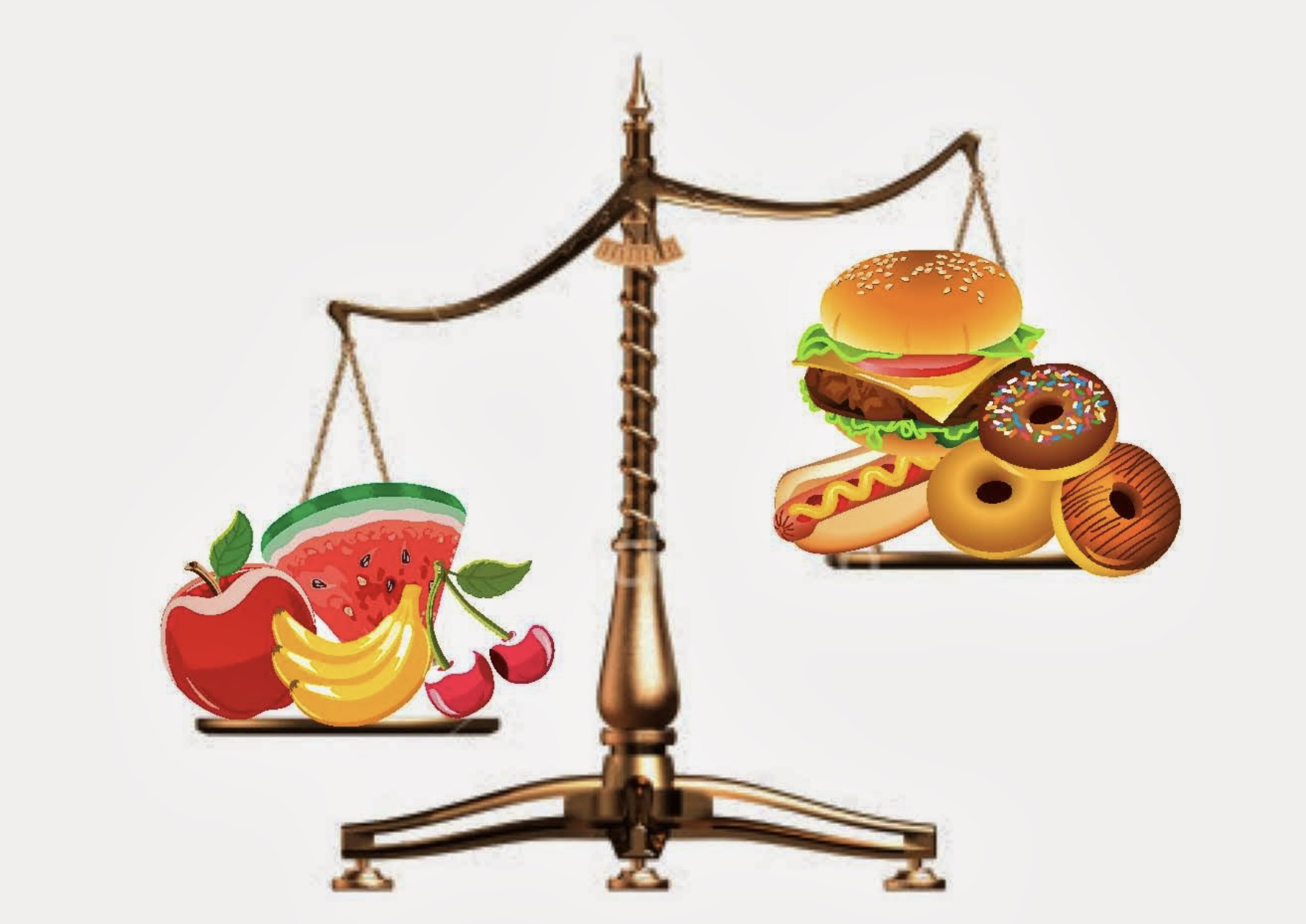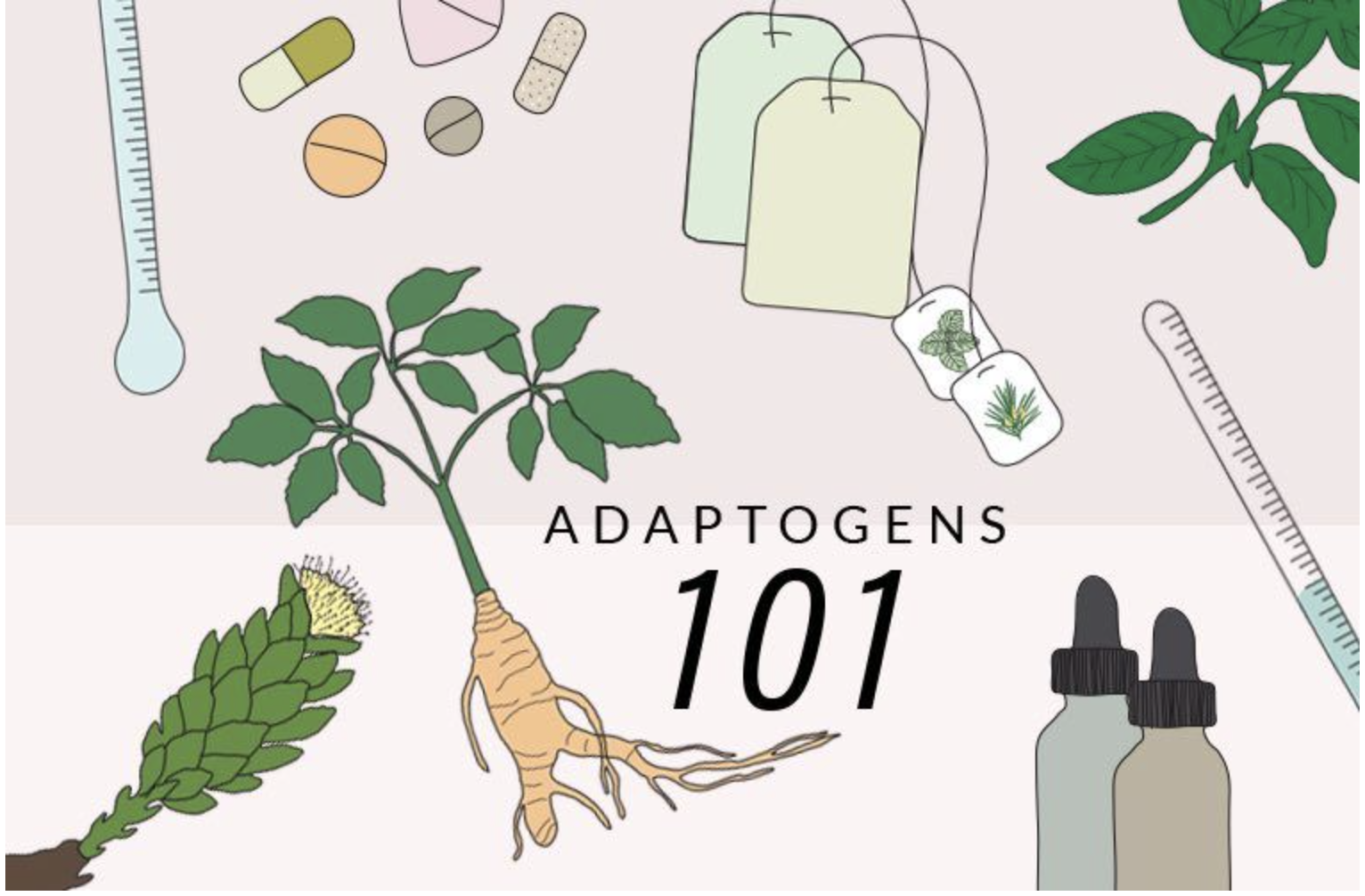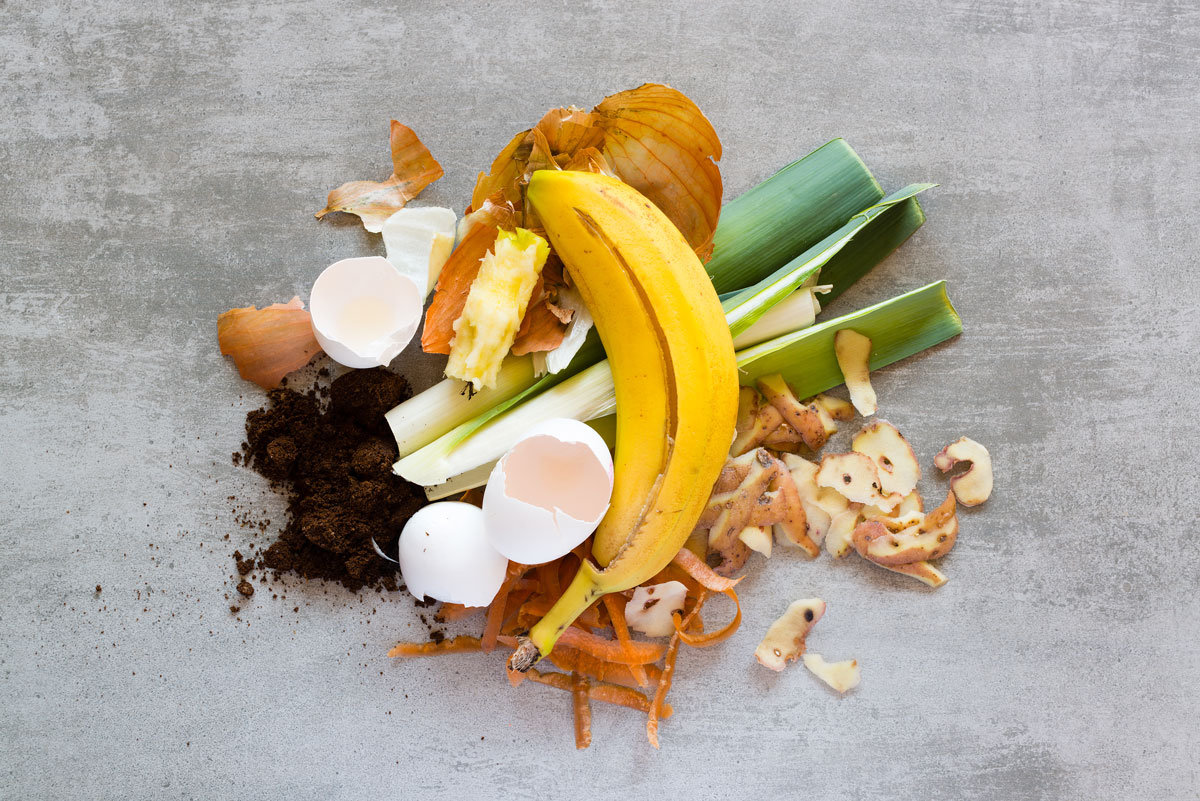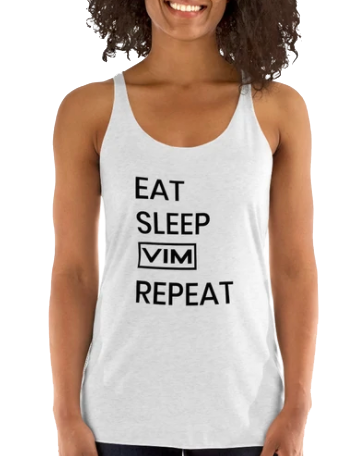Good question.
It seems like in the past few decades, this question has become harder and harder to answer. With new research and the ease of accessing and publishing information (both true and false), “healthy” has become one of the most ambiguous terms out there. To clarify, let’s review a quick definition:
Healthy: free from disease or pain : enjoying health* and vigor of body, mind, or spirit
*So… what is health? Another definition for ya:
Health:
-
the condition of being sound in body, mind, or spirit : freedom from physical disease or pain : the general condition of the body
-
a condition in which someone or something is thriving or doing well
I don’t know about you, but the concept of a “healthy” diet still seems pretty unclear to me. Based on these definitions, “healthy” food should make me “thrive,” and benefit me physically, mentally and spiritually. I certainly love chocolate, though I can’t say that I have a spiritual connection to the stuff. So how do we determine what a healthy diet really is?
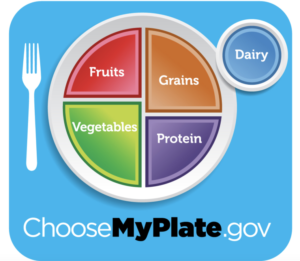 I think most people might reference fruits and veggies, which is certainly a good place to start. Most Americans don’t get enough of these crucial food groups. But that’s not the only part of a “healthy” diet. Another good resource for understanding healthy food is the government issued My Plate. I’m not an adamant subscriber (obviously, I don’t drink milk and I find the pictures too unspecific for my taste), but for the general public it can be a great resource for getting started.
I think most people might reference fruits and veggies, which is certainly a good place to start. Most Americans don’t get enough of these crucial food groups. But that’s not the only part of a “healthy” diet. Another good resource for understanding healthy food is the government issued My Plate. I’m not an adamant subscriber (obviously, I don’t drink milk and I find the pictures too unspecific for my taste), but for the general public it can be a great resource for getting started.
But here is my interpretation.
Eat plants. This includes fruits, vegetables, beans, whole grains, nuts and seeds. Eat lots of them, and try to keep them as “whole” as possible. This means avoiding their processed counterparts – but NOT like the plague! Part of a healthy diet, in my opinion, is being mindful about how much you are eating as well as what. That doesn’t mean restricting anything at all. If you eat a lot of cookies, cut back. But you don’t need to eliminate your favorite foods to be healthy. That would be neglecting the mental (and maybe spiritual) aspects of health.
With that said, if you like to drink milk and eat meat, by all means, go for it. Just maybe not all the time, and opt for lean and local sources. Read ingredients. Watch portion sizes. Experiment with foods and flavors and see how each makes you feel. You may notice that eating certain foods make you feel better (and happier!) than others, and not just in the moment of eating them.
I know that may not be very specific, but I don’t believe in a one-size-fits-all approach to diet. Our bodies respond differently to different foods, and we all have various lifestyles, activity levels, cultural habits and genetics. Find what works for YOU as an individual! Eat your plants and move your body, and choose everything in moderation. You’ll likely turn out alright.
If you have more questions about nutrition, feel free to send me an email! I’m happy to talk about more specific topics or address any curiosities you may have.
Email Sarah with questions or comments:
[contactform email=”[email protected]”]

